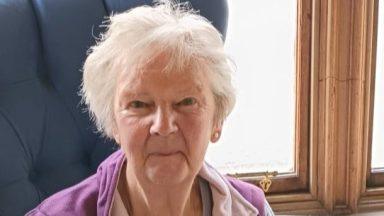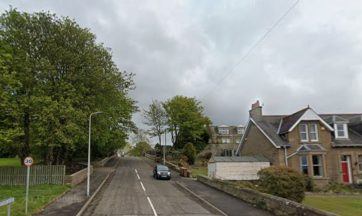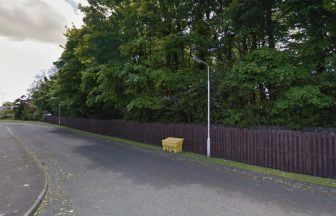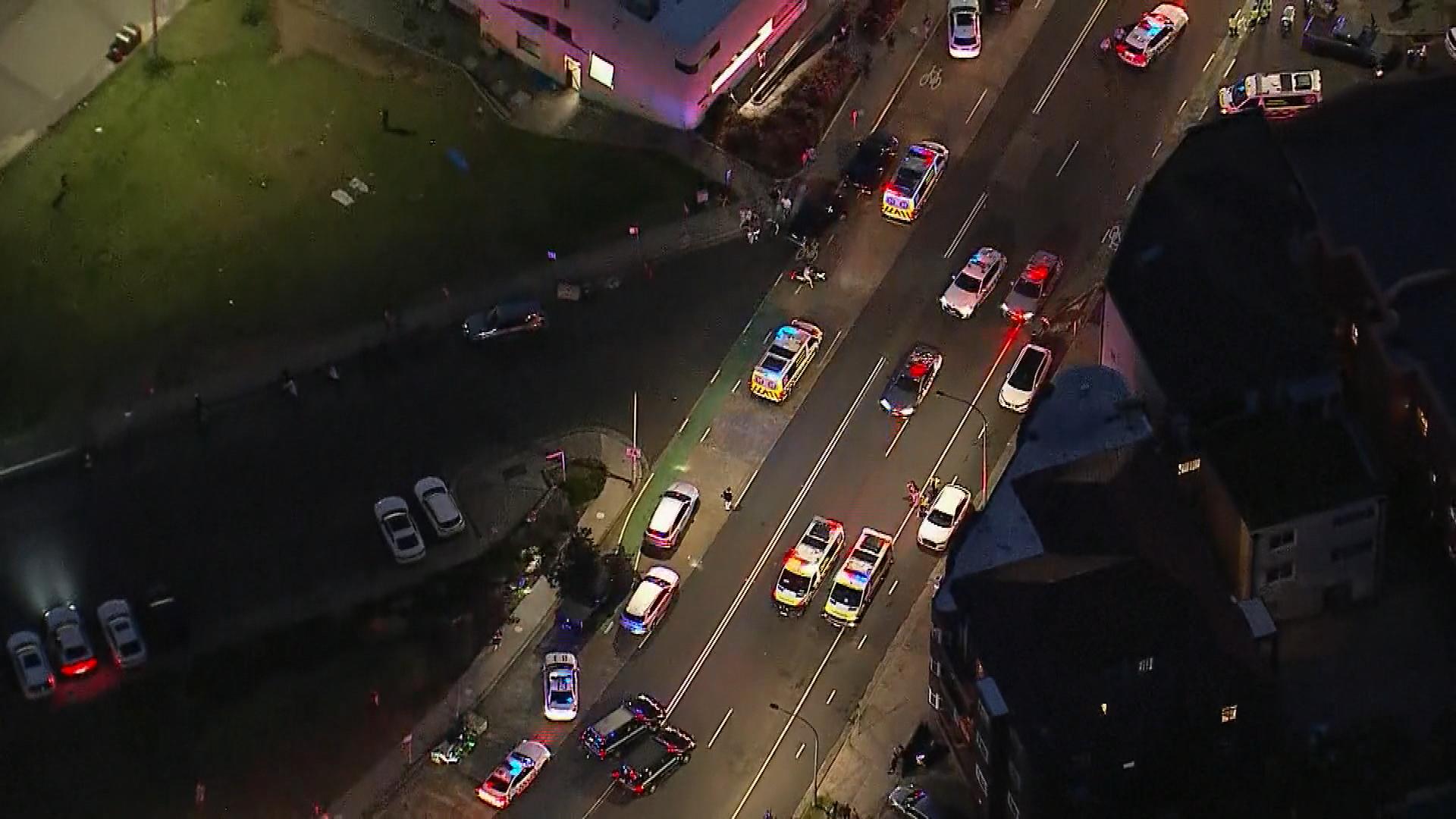A violent drug user serving time for brutally murdering a grandmother in a frenzied knife attack is appealing his conviction.
Crack cocaine-fuelled Norman Duncan, 43, stabbed Margaret Robertson, 54, at least 25 times during the fatal assault.
A judge told Duncan: “This was a sustained and merciless attack inflicted upon a defenceless woman in her home.”
Now, his lawyers believe that Duncan has fallen victim to a miscarriage of justice and have launched an appeal against the conviction on behalf of their client.
At a hearing earlier this year, judge Lord Harrower ordered at the High Court in Edinburgh that the murderer must serve 20 years in prison before he is eligible to seek parole.
The judge warned Duncan: “This does not mean you will be released automatically at the end of that period.”
The court heard that Duncan had amassed 74 previous convictions and that 58 of them had led to custodial sentences being imposed.
His lengthy criminal record includes convictions for serious assault, assault with a weapon, assault with intent to rob and mobbing and rioting.
Duncan had denied murdering Ms Robertson or Fullerton, who was known as Meg, at her home in Aberdeen’s Promenade Court on September 25, 2019.
But he was found guilty of the murder during which he struggled with his victim, sexually assaulted her, and repeatedly stabbed her on the head, neck and body with a knife.
Duncan had originally stood trial for the murder last year, but proceedings were brought to a halt because of his mental health at the time.
The court heard that he had been abusing psychoactive drugs while in prison which left him unfit for trial.
He was subsequently placed in the high security State Hospital at Carstairs before being returned to the prison system.
The court heard that the murder victim was left lying near naked in her flat where she was found by a friend who thought it odd to find the front door to her home unlocked.
He alerted emergency services.
When Duncan was questioned about the savage slaying, he told police: “It’s f*** all to do with me.”
Jurors heard that on the day of the killing he made three trips to the block of flats where his victim resided in search of the highly addictive narcotic crack cocaine.
Duncan twice sourced the class A drug from another resident at the flats but claimed he failed to get more of it on his final visit.
He later told police that he could spend up to £100 a day on crack if he had the money.
But the Crown maintained that Duncan had another motive for switching his clothing after visiting the flats.
Advocate depute Bill McVicar said that during the 109 minutes Duncan spent at Promenade Court during an initial visit he had “ample time to source and collect his crack cocaine” and carry out the murder.
The prosecutor said: “If there was no blood on his clothing there was no good reason for him to change his clothing or his shoes before returning to Promenade Court to buy more drugs.”
The court heard that DNA matching Duncan was found under his victim’s fingernails and she was seen to have sustained defensive injuries as she tried to protect herself.
Other forensic evidence also pointed to Duncan as the murderer.
The cause of death was certified as multiple stab wounds to the neck and face.
When Duncan, formerly of Northsea Court and Seaton Walk in Aberdeen, was detained by police he was initially found to be unfit for interview.
He originally faced further charges of possessing cocaine and attempting to defeat the ends of justice by changing out of blood-stained clothing and trainers and washing them, discarding a knife, hiding from police and providing false details to officers.
Officials at the Court of Criminal Appeal confirmed that Duncan’s lawyers will address the court later this year.
Follow STV News on WhatsApp
Scan the QR code on your mobile device for all the latest news from around the country


 Police Scotland
Police Scotland
























